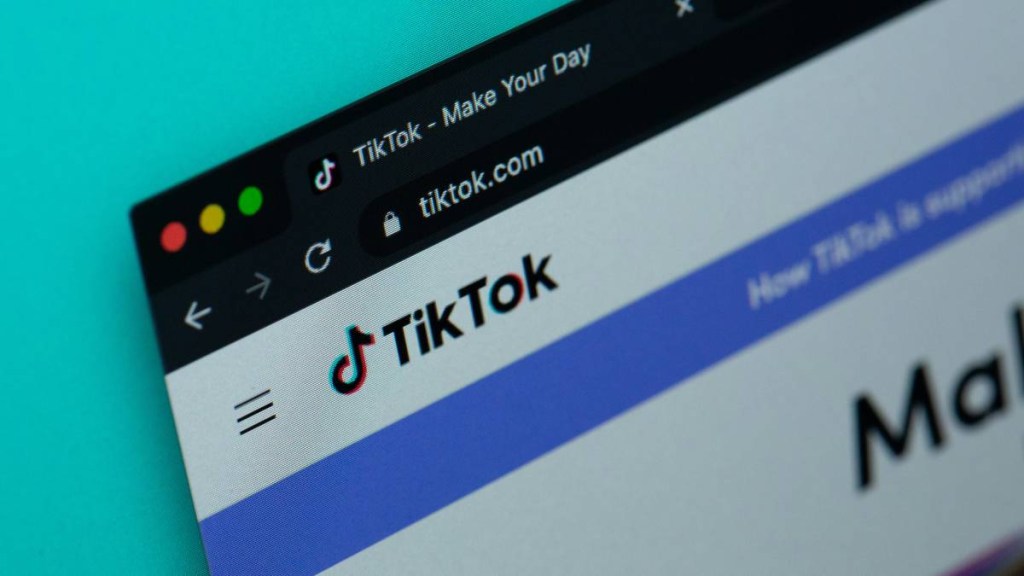The United States of America Senate passed the bill late Tuesday on the Chinese short-form video platform, TikTok, which has left the company with two options, either disinvest in TikTok’s U.S. operations within 270 days, nine months, or face a ban completely.
The bill is required to be signed by US President Joe Biden. As per reports, he has agreed to sign the bill into law today on Wednesday.
The bill was fought with the claim that the parent company of TikTok, Chinese owner ByteDance, has been giving access to the Chinese government on American data. Senator Marco Rubio, the top Republican on the Intelligence Committee said, “For years we’ve allowed the Chinese Communist party to control one of the most popular apps in America that was dangerously shortsighted.”
TikTok response “Fight the legislation”
TikTok responded to the ban, disagreeing with the data sharing claim, that it harms the US value of free speech rights of its users. Although the company has not immediately commented, but reports suggest, it had told its employees that it would quickly go to court to try to block the legislation.
TikTok conveyed to its employees via an email seen by Reuters on Saturday that they will persist in their fight against the recent legislation, which they deem as a direct infringement on the First Amendment rights of the 170 million American users on the platform. “This is the beginning, not the end of this long process,” TikTok emphasised.
The Senate overwhelmingly voted 79 to 18 in favour of the bill, which was appended to a larger measure aimed at providing $95 billion, predominantly for military aid to Ukraine, Israel, and Taiwan.
In 2020, the courts thwarted then-President Donald Trump’s attempts to ban TikTok and WeChat, both Chinese-owned, in the United States.
However, experts suggest that the new legislation may provide the Biden administration with a firmer legal foundation to ban TikTok if its parent company, ByteDance, fails to divest the app. Furthermore, it equips the White House with additional tools to either ban or compel the sale of other foreign-owned applications it perceives as security risks.
